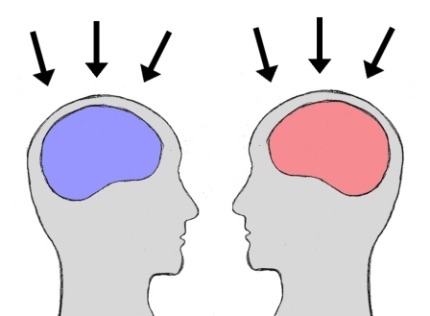Posts Tagged ‘stressful’
Study finds a key ingredient in mindfulness training: Acceptance (not acquiescence)
Life can be stressful. Whether it’s the stress that comes with having too much work to do in too little time, fulfilling caregiving obligations, or dealing with a major illness or setback, sometimes it can be hard to cope. In response to stress, many people today are turning to meditation or mindfulness apps (myself included). But…
Read MoreStudy finds limited benefits from cognitive bias modification (CBM) training, calls for further research
Could cognitive interventions be useful in treating depression? (Science News): “A new study by experimental psychologists from the University of Bristol has examined whether cognitive bias modification (CBM) for facial interpretation, a digital health intervention that changes our perception for emotional expressions from negative to positive, might be useful in treating depression.
Read MoreSurvey: What’s more important to thrive in the 21st century, to manage stressful situations or to process new information quickly?
————— Please answer this question and a few other to help us better understand your thoughts and beliefs about brain health, and how we may be able to serve you better (should take no more than 5 minutes to complete it): Take the survey Thank you!
Read MoreStudy: Families’ Perspectives on ADHD and its Treatment
In 2005 the American Academy of Pediatrics (AAP) began an initiative to promote an approach to care among its members in which “…the pediatric team works in partnership with a child and a child’s family to assure that all of the medical and non-medical needs of the patient are met.” A critically important focus of…
Read MoreWhat You Can do to Improve Memory (and Why It Deteriorates in Old Age)
After about age 50, most people begin to experience a decline in memory capability. Why is that? One obvious answer is that the small arteries of the brain begin to clog up, often as a result of a lifetime of eating the wrong things and a lack of exercise. If that lifetime has been stressful,…
Read More



